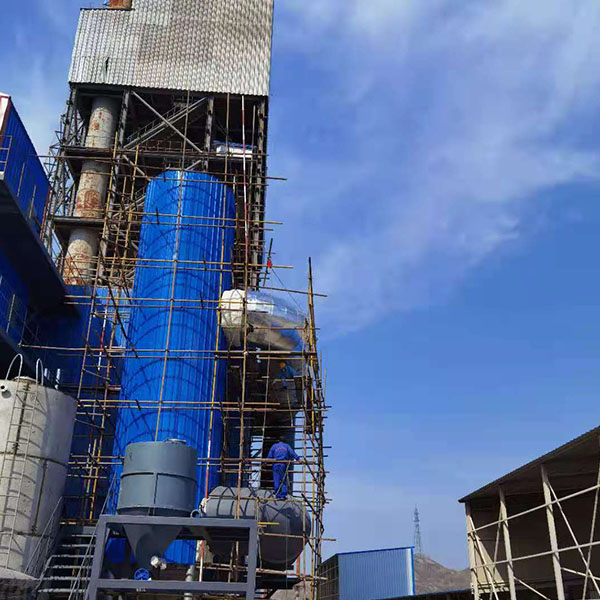Definition of dry flue gas desulfurization: CaCO3 injected into the furnace is calcined and decomposed at high temperature into CaO, which reacts with SO2 in the flue gas to generate calcium sulfate; SO2 is converted into ammonia sulfate or sulfuric acid by electron beam irradiation or activated carbon adsorption, collectively referred to as dry flue gas desulfurization. Flue gas desulfurization technology. Pulse bag filter
Folding pros and cons
It has the advantages of simple process, no sewage and acid treatment problems, low energy consumption, especially the high temperature of flue gas after purification, which is conducive to the diffusion of chimney exhaust, and will not produce "white smoke" phenomenon. The gas does not need secondary heating and is less corrosive; its disadvantage is that the desulfurization efficiency is low, the equipment is large, the investment is large, the floor space is large, and the operating technology requirements are high.
